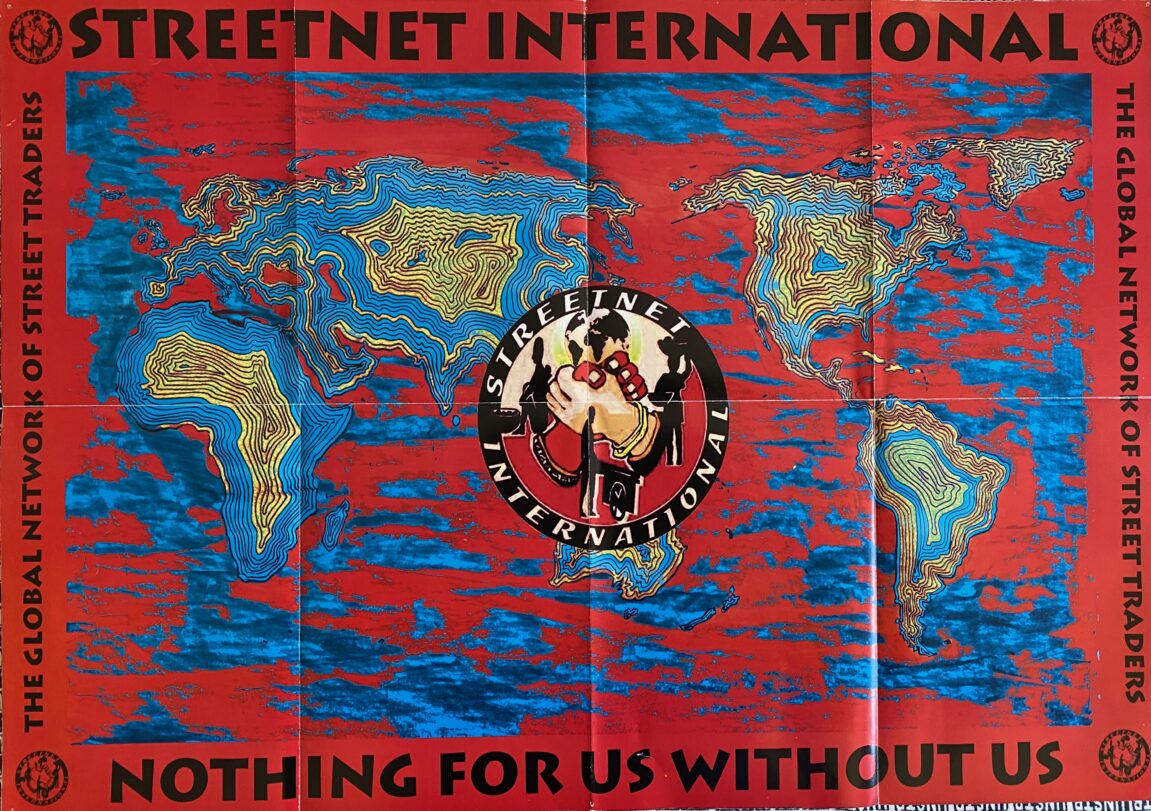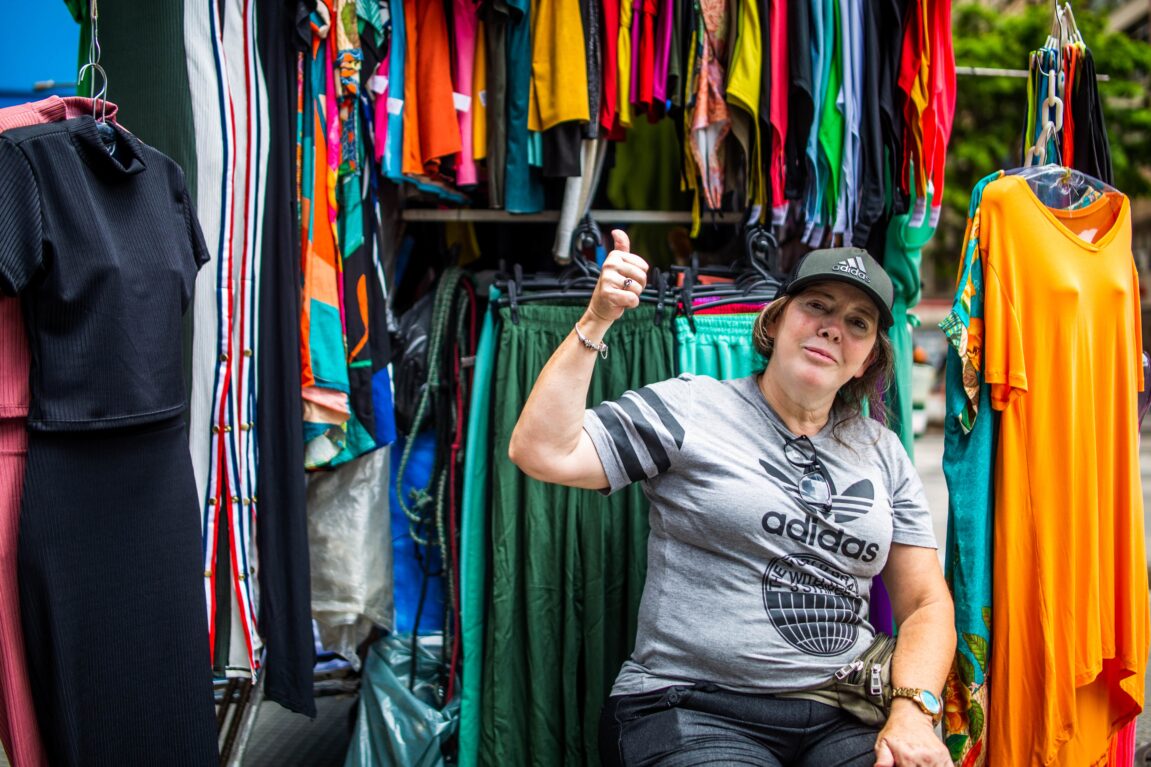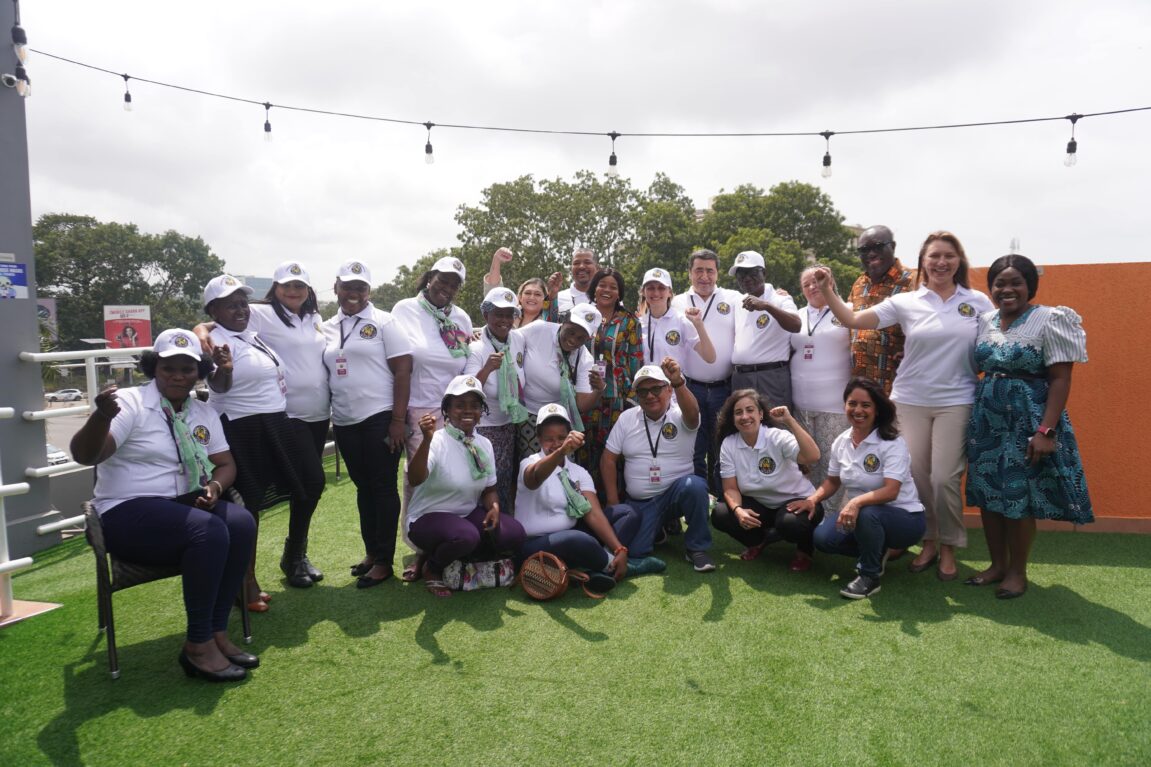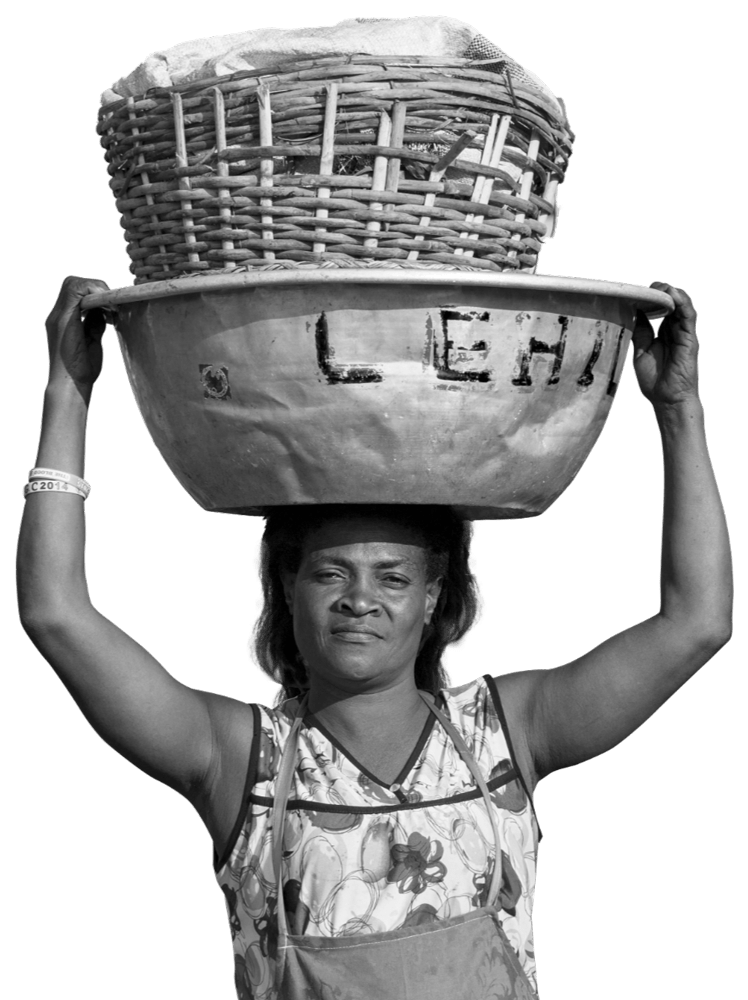Subscribe to our E-Letter!
Subscribe to our e-mail and stay up-to-date with news and resources from street vendors around the world.
Home | SNI Anniversary | SNI blog post
Dear Sisters and Brothers, colleagues and partners of StreetNet Family around the world!
We are over again at the end of the year! A very challenging and dramatic year due to an ongoing devastating Russian war in Ukraine, continuing conflicts and unrest in many other countries, which negatively affected the whole world and me personally. It’s not an easy challenge to accept with a common sense but as human beings, who adjust to any situation and circumstances, we continue our fight for social justice, for freedom, for democratic values and workers’ rights.
Thus, despite all the external difficulties, StreetNet and our Affiliates proudly achieved a lot of progress and advanced their work at different levels.
First of all, on November 14, 2022, StreetNet has celebrated its 20 years anniversary since its creation! 20 years of struggle and resistance, 20 years of difficulties and achievements! Within 2022 StreetNet provided a lot of opportunities for different trainings and capacity building to strengthen all our organizations at local, national and regional level from enhancing their skills on negotiations with public authority, fundraising, social media, as well as targeting deeper knowledge on specific thematic areas, such as social protection and cross-border trade, international legal instruments and social solidarity economy. As always, empowering women and enabling women informal traders’ voice to directly speak up on their concerns and needs remains one of our main focuses.
In 2022, our leadership and operational team also went through an efficient and timely organizational evaluation and learning process which allowed us to identify strengths, weaknesses and revise our approach in moving forward to build and amplify collective voice and unity.
I am very grateful to all our members, leaders, partners and donors and of course, to StreetNet International Council and Team members for their commitment and hard work, support, encouragement and valuable contribution in our common struggle for recognition and dignity of all workers who deserve a fair treatment and respect.
We look forward to hold the StreetNet 7th International Congress next year in May and I wish to all of us a successful year ahead with new achievements, victory and, of course, a peaceful life for All!
Enjoy the holiday season and a Happy New Year!
Nothing for Us without Us!
Oksana Abboud, StreetNet International Coordinator
The history of the creation of StreetNet International is first and foremost the story of a global class struggle, blossomed and grown into a transnational democratic organisation. The mission of StreetNet is to represent and bring together the issues of street and market vendors across the world – the issues of a category of workers who make up an overwhelming percentage of the global workforce but usually are not recognized, so rarely represented and heard in international institutions, organisations, trade union movements. The work that StreetNet has performed over the years is for some aspects similar to the one of a trade union: StreetNet maintains the goal of a democratic workers’ organisation. But it is also so much more: it’s an alliance of people from the Global South that have come together to set the global agenda of their struggle. Talking about StreetNet means also talking about the fundamental role of women and their struggle for gender equality and women leadership.
The creation of StreetNet, and overall the work of networks of informal economy workers active around the world, is a challenge to the traditional power dynamic both of the trade union movement and of the international organisation, as it challenges both the male domination and Global north traction. Saying that the informal economy is part of the workers’ movement, that informal economy workers are, in fact, part of the global working class and have the right to have their voice heard in global forums, in political environments and in global media.

One of the first informal economy workers organisations that revolutionised the way collective struggles were led in this sector has been the Self Employed Women’s Organisation, SEWA, founded in Ahmedabad (India) in 1972. SEWA was born from the Gandhian movement of liberation in India, and has since fifty years advocated, supported and represented women informal economy workers in the country. SEWA had a prominent role in the creation of StreetNet. The experience of SEWA inspired the women informal economy workers of South Africa to create SEWU (Self Employed Women’s Union), in 1994. In 1995, 11 workers’ organisations representing informal traders and street vendors, gathered in Bellagio, Italy. Throughout 2001 and 2002 a series of preparatory workshops were held in Peru, India and Ghana, that ultimately led to the foundational congress of StreetNet, in Durban, on November 14th, 2002.
“When we launched the first-ever international federation of street vendors and informal traders in Durban in 2002, we had a dream of a global union federation of workers in this sector of the informal economy,” says Pat Horn, StreetNet founder and first International Coordinator. “That dream has been realised, thanks to the unity and commitment of you and your leaders who have built the organisation to what it is today.”
The organisation was founded on two main pillars, which remain central to the philosophy of StreetNet and its organising style. The first one is gender balance in leadership, or the 50 – 50 rule. The elected bodies, such as the International Council must be equally composed of men and women. In this way, StreetNet wanted to distance itself from the traditionally male dominated trade union movement and to reflect the composition of the constituency: informal economy workers and street vendors are women in overwhelming majority. “StreetNet dealt with a lot of gatekeeping from male leaders, in its early days’ ‘ remembers Nozipo Lembethe, one of the StreetNet founders. “The 50/50 rule was achieved and applied”. In 2016, the first woman president, Lorraine Sibanda, who still holds the position, was elected. Lorraine is the president of ZCIEA, StreetNet’s affiliate in Zimbabwe and has worked as a street vendor for many years.
The other foundational principle has been the overturning of the traditional global north dominance in the labour movement: many leaders and labour activists from the global north still struggle to understand many of the issues affecting informal economy workers in the south. The power dynamic had to be reversed: the Global south needed to have power of agenda setting, political influence in the movement, and StreetNet was created to achieve that goal. Ultimately, informal economy workers in the global north, mainly migrants turned to the global south for guidance and answer to their issues.

In 2004, along with other informal economy organisations, such as WIEGO and the International Domestic Workers Federation, StreetNet was accredited to the International Labour Organisation, to speak at the International Labour Conference. This type of recognition has been essential for StreetNet for participating on equal footing with other movements to the international negotiations, for bringing the street vendors’ issues to the table and making their voices heard.
“I can’t believe 20 years have gone by,” recalls Mirai Chatterjee, chairperson of WIEGO Board and director of the social security team at SEWA. “The organisation has grown so much. We have to organise hard, faster and stronger, and continue to build our solidarity to keep growing. There are many countries and continents still waiting for StreetNet to come and help organise street vendors associations.”
“We have fought for recognition, for our rights, for democracy, for economic inclusion and justice.” continues to illustrate Oksana Abboud, International Coordinator of StreetNet since 2019. “We can proudly say that we have achieved so much during this time: we have increased our institutional capacity, grown in numbers and improved in maturity to make strategic decisions.”
In 2012, another big step in the recognition of informal economy workers was the institution of International Street Vendors’ day, on November 14th, to commemorate the foundation of StreetNet. This campaign was one of the most effective among those launched by StreetNet, which contributed to bring light to the cause at the global level. Another one was the World Class Cities campaign, aimed at putting the spotlight on the eviction and harassment street vendors went through during global sporting events, such as the FIFA World Cup in South Africa in 2010, or the one in Brazil in 2014. Once again, concepts conceived in the global north, such as urban decorum, were forced on the cities of the global south and on the workers, causing not only violence against the workers, but also disrupting the societal and community ties of the cities.
“Globally informal economy workers are the most visible workers, yet they are still invisible in terms of social protection coverage as well as respect and dignity.” explains Lorraine Sibanda, President of StreetNet. “As StreetNet International, it is our pride to say we have continued to represent these invisible workers. We will continue to demand expansion of social protection and other rights for these workers, so that at the end of the day we can achieve decent work for all.”

StreetNet has worked tirelessly during these twenty years to perpetuate the values of its foundation. In 2023, the organisation will hold its seventh international Congress in Kigali, Rwanda, and has now a strong democratic process in place, ensuring the continuation of activities in a fruitful way. In these two decades, the organisation has achieved a lot of its goals in terms of policy, representation and awareness raising. Thanks to StreetNet, the street vendors are now more united, able to represent their issues and can count on a strong, respected organisation to advocate on their behalf all over the world. “I am very proud that StreetNet is continuing to grow from strength to strength with a young Coordinator and team of organisers since I handed over the reins to them in mid-2019,” concludes Pat Horn. “Amandla! A luta continua!”
Migrant street vendors face incredible challenges in their daily lives. StreetNet and its affiliates turn to global solidarity to fight for their rights and dignity.
For years, we have invested in worker-led communication and the creative skills of young street vendors to help them tell their own stories. In 2025, for the first time, we partnered with Picture People MSP to organize an in-person visual storytelling workshop, giving our members powerful tools to share the impact of their work. The…
What does tax justice look like for street and market vendors and in general for workers in the informal economy? Here are some critical considerations that can help guide a discussion.
In this article we analyze three main methodological questions that arise when worker movements try to leverage numbers, statistics and data analysis to improve their material conditions and why data is power for street and market vendors.
Short introduction Subtitle #1 Body of the text, whatever is happening Title #2 Blahblahblah
PARTNERS







By entering your personal data and clicking “Suscribe,” you agree that this form will be processed in accordance with our privacy policy. If you checked one of the boxes above, you also agree to receive updates from the StreetNet International about our work